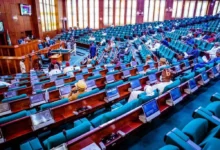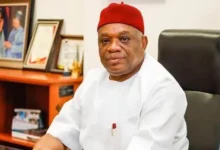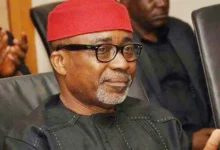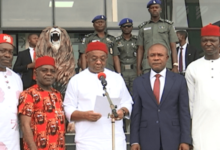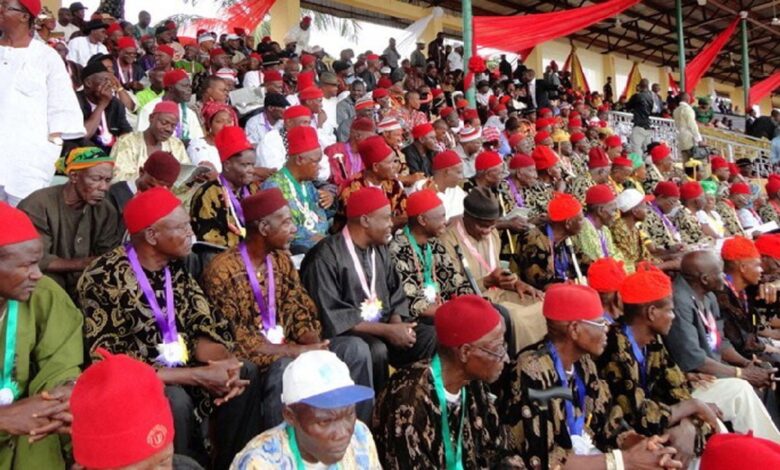
As the Senate approves the South East Development Commission bill, Ohanaeze Ndigbo is happy.
The South-East Development Commission bill was passed by the Senate on Thursday, and the Igbo apex socio-cultural organization Ohanaeze Ndigbo Worldwide applauded the move, saying that “even though it is coming too late, nevertheless, it is a welcome development as it would help develop the region.”
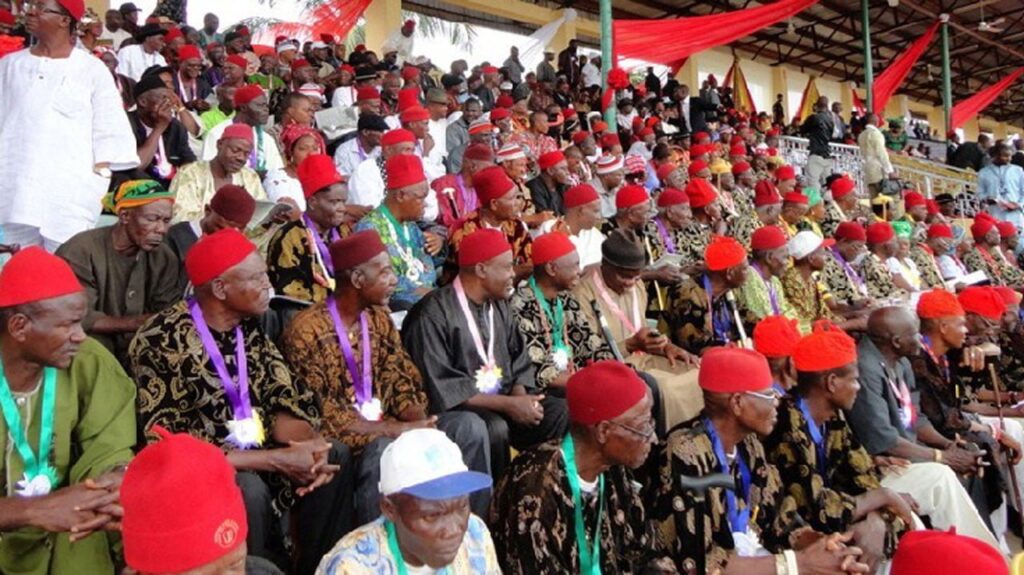
As the Senate approves the South East Development Commission bill, Ohanaeze Ndigbo is happy.
The bill to establish the Southeast Development Council (Sedco) was approved by the Senate on Thursday. The SEDC will be tasked with managing and accepting funds from the Federation Account that will be used for the restoration and maintenance of homes, roads, and other infrastructure damages caused by the civil war in the region.
The Senate President, Senator Godswill Akpabio, presided the Committee of the Whole, where the Red Chamber made its judgment while debating the provisions of the measure.
On December 21, 2023, the measure was unanimously approved for a third reading in the House of Representatives’ Committee of the Whole, which was presided over by Deputy Speaker Benjamin Kalu, who is also the bill’s sponsor. The bill was then forwarded to the Senate for concurrence.
“Conceive, plan and implement, in accordance with the set rules and regulations, projects and programs for the sustainable development of the South East states in the field of transportation including roads, health, education, employment, agriculture, industrialization, housing and urban development, water supply, electricity and telecommunications; cause the South East states to be surveyed to ascertain measures which are necessary to promote its physical and socio-economic development,” is one of the commission’s stated responsibilities upon its establishment.
In his remarks following the bill’s passage, the Senate President stated that growth would result from it and that the region’s concerns will be allayed once it became law.
According to Akpabio, “This 10th Senate passed a very important bill that addresses all of our brothers’ and sisters’ concerns from the South-East.” I’d want to extend my congrats. I hope that the South-East will see significant progress as a result of this commission, and we will help you put an end to all turmoil and restore calm to your area. When it is in harmony, the Southeast’s concerns will be addressed.
Following passing in both houses, the bill will be forwarded to President Bola Tinubu for his approval after a Conference Committee is formed to resolve any disagreements.
“Insofar as it is coming late, it is a welcome development because it is part of Gowon’s administration’s three ‘Rs’ of reconstruction, rehabilitation, and rebuilding after the civil war in 1970, which has never been implemented,” said Chief Damian Okeke-Ogene, Vice President of Ohanaeze Ndigbo Worldwide, in response to the development.
“An additional significant matter that remains unfulfilled is the establishment of additional states in the Southeast to counterbalance the equity, a goal that the Ohanaeze has been championing—equity, justice, and fairness.”
“We think they will also use this to create additional states in the South-East as a token of gratitude for what the National Assembly has accomplished.” Since nothing has been mishandled in the South-East, we also think the commission will be well-managed when it is completely created, and this will promote regional development.
The SEDC bill’s approval, according to the Indigenous People of Biafra, came far too late.
The organization insisted on Biafra independence even though it opposes the commission, according to Emma Powerful, its spokesperson.
“We are not opposed to the commission’s formation, but Nigeria arrived late because we have crossed the Rubicon and nothing will stop us from regaining Biafra’s independence,” he said.
“IPOB is not interested in this commission because it cannot further the goals of improving the South-East Region, as it has been treated as an enemy in Nigeria and they refuse to change it.
How will they begin, and will they begin to replace the lives of those they have unjustly murdered?”









